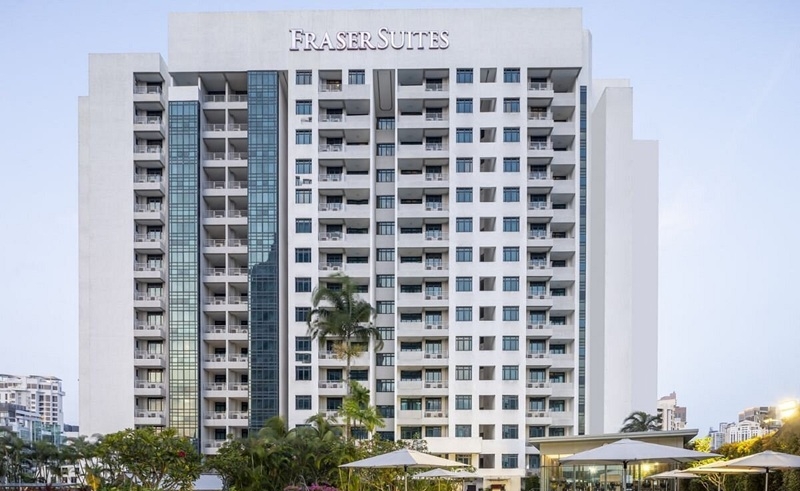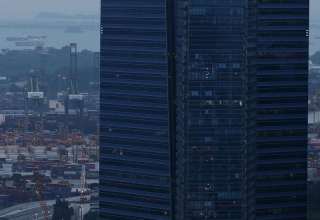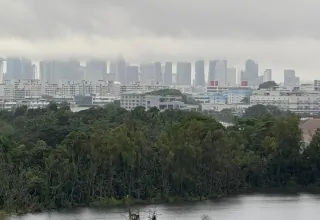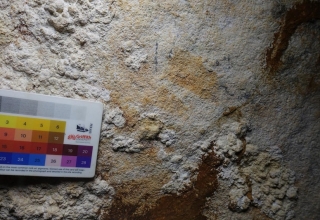
In a bid to strengthen its grip on the business, Singapore-based Frasers Property which is owned by Thai billionaire Charoen Sirivadhanabhakdi, has made an offer to acquire Frasers Hospitality Trust (FHT). The acquisition deal is worth US$1.37 billion (about US$1.1 billion) as Frasers Property makes US$0.710 per unit for all shares that it does not currently hold. This is a 6.86% premium from the last traded price of the trust and descriptive of increased confidence towards the long-term recovery in the hospitality market in Asia, Australia, and Europe. The trust oversees high value hospitality assets in nine cities across the world.
Details of the Privatization Offer
Frasers Property already owns 24.23% shares of Frasers Hospitality Trust, while another 36.72% is in the hands of TCC Group, which belongs to Sirivadhanabhakdi as well. The takeover of remaining shareholders’ offer comes as the REIT proceeds to manage a portfolio of 14 hotels and serviced residences in key international cities. FHT, which has a market capitalization of US$1.28 billion and investment properties valued at US$1.76 billion as at December 2024, has proved to be resilient against the global hospitality sector challenges.
The US$0.710 offer per unit is to provide shareholders with an opportunity to exit with a premium, and Frasers Property more room to administer and refashion its hospitality assets without public market issues.
Implications for the Hospitality Sector and Stakeholders
This is a general trend of REITs’ privatisations in Asia as sponsors seek to gain control of valuable assets from undervalued public market prices. Although TCC Group has not yet uttered any word regarding the transaction, the large shareholding indicates congruent interest with Frasers Property. The deal, when it succeeds, will see FHT leave the Singapore Exchange, ending its journey in the public market it made in 2014.
Read Also: BBH Singapore Announces ‘Rinse & Repeat’ Campaign
Analysts are of the view that the privatization may bring in the operational streamlining and it may bring in better long term asset repositioning strategies, especially with the movement of global tourism, which is recovering in its track.



















